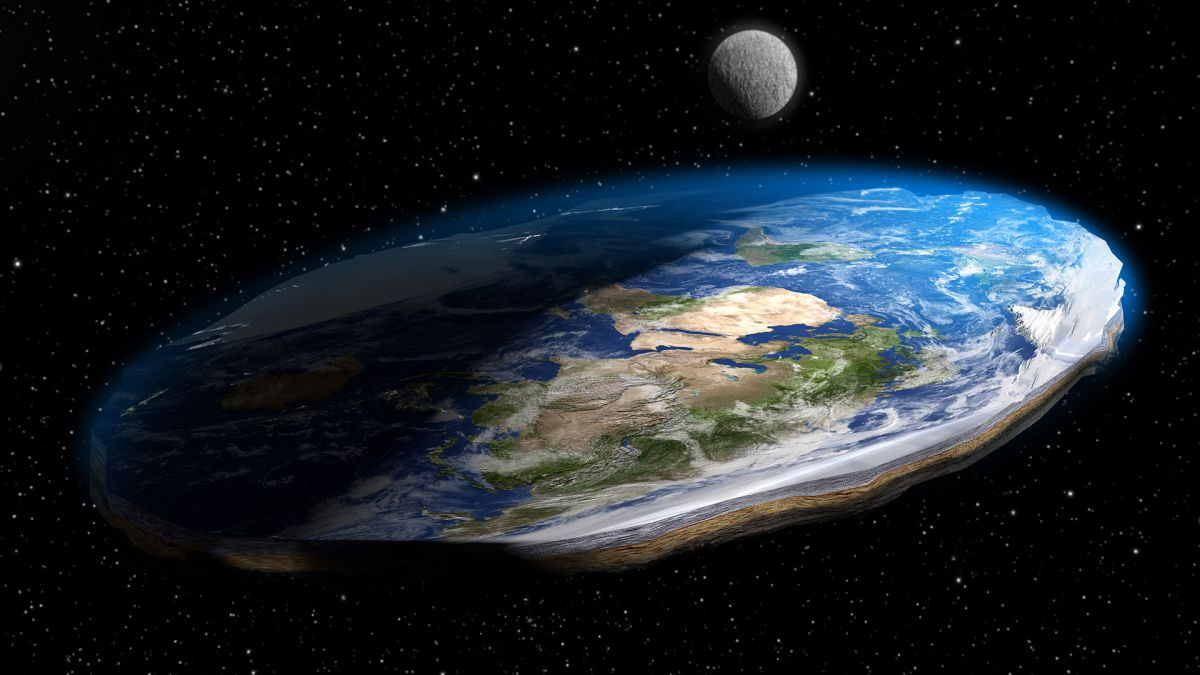"The most important thing we learn at school is the fact that the most important things can't be learned at school." -Haruki Murakami
Source: Shutterstock
The pinned substack guide has been updated once again.
I don't think I've mentioned this before, but when I came up with the idea of the Rounding the Earth (RTE) brand (in 2018 actually), the goal was not this grand rabbit hole of pandemonium (obviously). The original notion of RTE was as a continuation of my journey as an educator and a learner, simultaneously. Because, in fact, I think that's a crucial piece missing from the entire educational process: not instructors, wielding certifiable truth (a.k.a. madness) who tell you what to think, but experienced explorers who investigate the universe with you. And my best guess was that I, as the active participant, would learn more than anyone I'd accompany on the journey from asymmetry of volume of hours spent on the project. (And you all learn more from your own life experiences.)
To me, RTE is still that. And whether we see an end to the pandemonium any time soon, whether Bitcoin takes over the world as the dollar collapses, or the kunlangeta sink or swim, or some other mysteries call for my attention, my plan is to write about the journey along with those topics. My journey.
Just tonight, I looked through my substack statistics and noticed a milestone on the horizon. Sometime today, RTE will have 5,000 subscribers to the email list. That feels gratifying and also motivates me to find ways to provide value to so many readers.
Teach Me Something Cool!
Simon Rubinstein-Salzedo is a number theorist I know who decided to teach precollege students in the Bay Area instead of pursuing a university post. Status-seekers will never understand what motivates him to leave his Stanford PhD so "disused", but I suspect he's having more fun than just about anyone in academia---and making a greater impact. Every few weeks on his Facebook page he writes, "Teach me something cool." The responses are great. Some of them are little mathematical gems mined from one of the infinitely many corners of Planet Mathematics, but many are simple and fascinating stories of all sorts and from any area of interest. I credit him with this exercise I now duplicate.
Instead of looking for something to explore and share at this milestone moment, I'm going to flip the script and ask willing readers to share something with me (and everyone else) that you learned about simply because it was fascinating to you. Please share a slice of your own journey. I look forward to an enjoyable comment section, and I plan to repeat this exercise every few months.





First of all, congratulations on reaching 5,000 subscribers—that’s quite a milestone!
When I hear the word “fascinating,” the first person who comes to mind is Oliver Sacks, one of my favorite human beings in all of history and whom I dearly miss. But then, what to choose, as every sentence Sacks wrote was the definition of fascinating? For some reason, what popped into my mind was his essay, “Night of the Ginkgo” (https://www.newyorker.com/magazine/2014/11/24/night-ginkgo), in which he explains, “While the leaves of the more modern angiosperms—maples, oaks, beeches, what have you—are shed over a period of weeks after turning dry and brown, the ginkgo, a gymnosperm, drops its leaves all at once.”
While the ginkgo jettisons every leaf in a single evening, the date varies from year to year. So, in the next few weeks, we will discover which November day the ginkgo decides to shed its fan-shaped leaves in preparation for the winter slumber and the restorative spring to come.
I've learned that there is light beyond the 'mainstream' tribal campfire. That the wolves can be friendly, that we can generate our own light in an even bigger, less fearful circle. That you can engage with the stars when you step outside the circle, that the heavens await our vision ... there IS light beyond the campfire that otherwise blinds us to that which is bigger ... as long as you don't get tied to the stake and thrown into it.